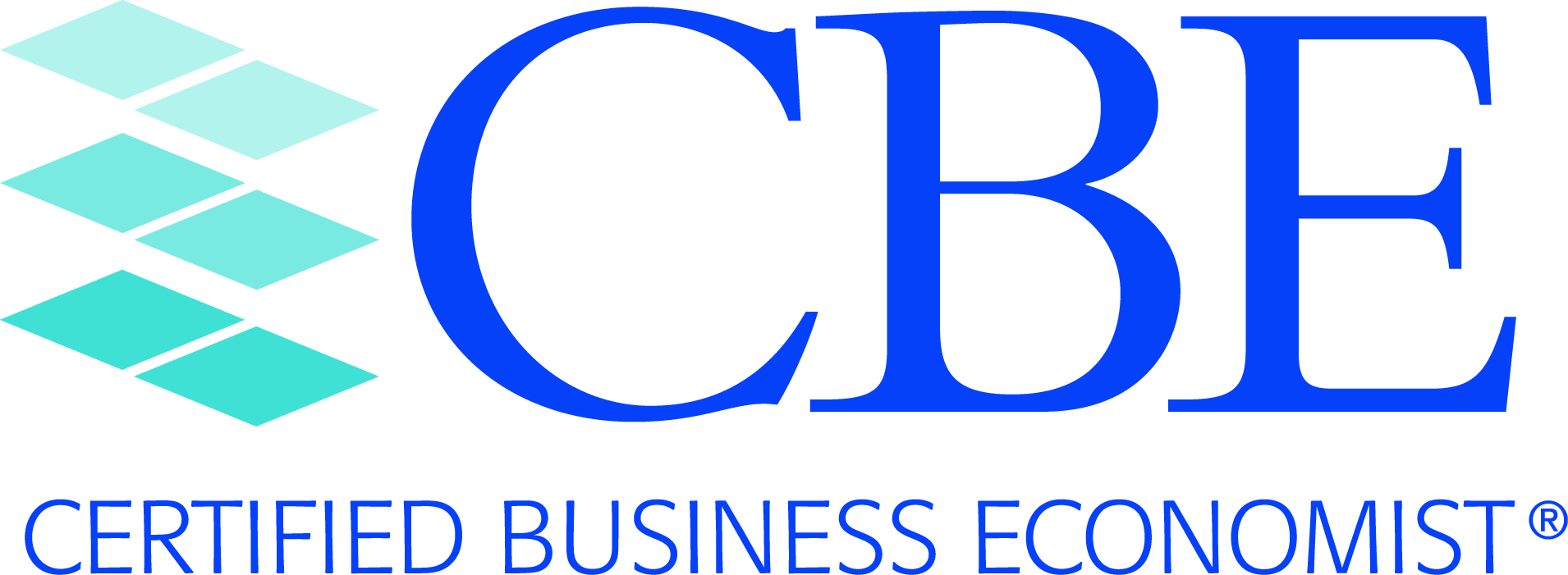
Time-Series Analysis & Forecasting
This course in Time-Series Analysis and Forecasting addresses three fundamental goals: (1) to understand the nature of a variable’s dependence over time, such as trends and seasonality; (2) to describe the dynamic relation among functionally-related time-series variables; and (3) to generate statistically-based forecasts while also characterizing the uncertainty in these forecasts. All participants who complete the course will earn NABE's Certificate in Time-Series Analysis and Forecasting.
Topics to be covered:
- Point and Interval Forecasting
- Evaluation of Forecasts and Composite Forecasting
- Univariate Analysis: Box-Jenkins Methodology; trends & non-stationarity
- Dynamic Single Equation Models and Autocorrelation
- Vector Autoregressions
- Cointegration and Error Correction Models
Participants should be familiar with the following, which are covered in Applied Econometrics: estimation and hypothesis testing in regression models, dummy (indicator) variables, diagnostics of structural models, autocorrelation, distributed lag models, ARCH and GARCH models, pooling of time-series and cross-sectional data, and multi-equation model applications. The software package EVIEWS will be used by the instructor, and complimentary trial copies of this software will be provided to enrollees by NABE.
Course Outline
Registration Details
In-Person Course Early-Bird Rates:
NABE Member: $1,600
U.S. Government Employee: $1,675
Non-Member: $1,750
Future Offerings
June 10-12, 2024 - Washington, DC
For future offerings of NABE's other Certified Business Economist programs, check the CBE calendar.